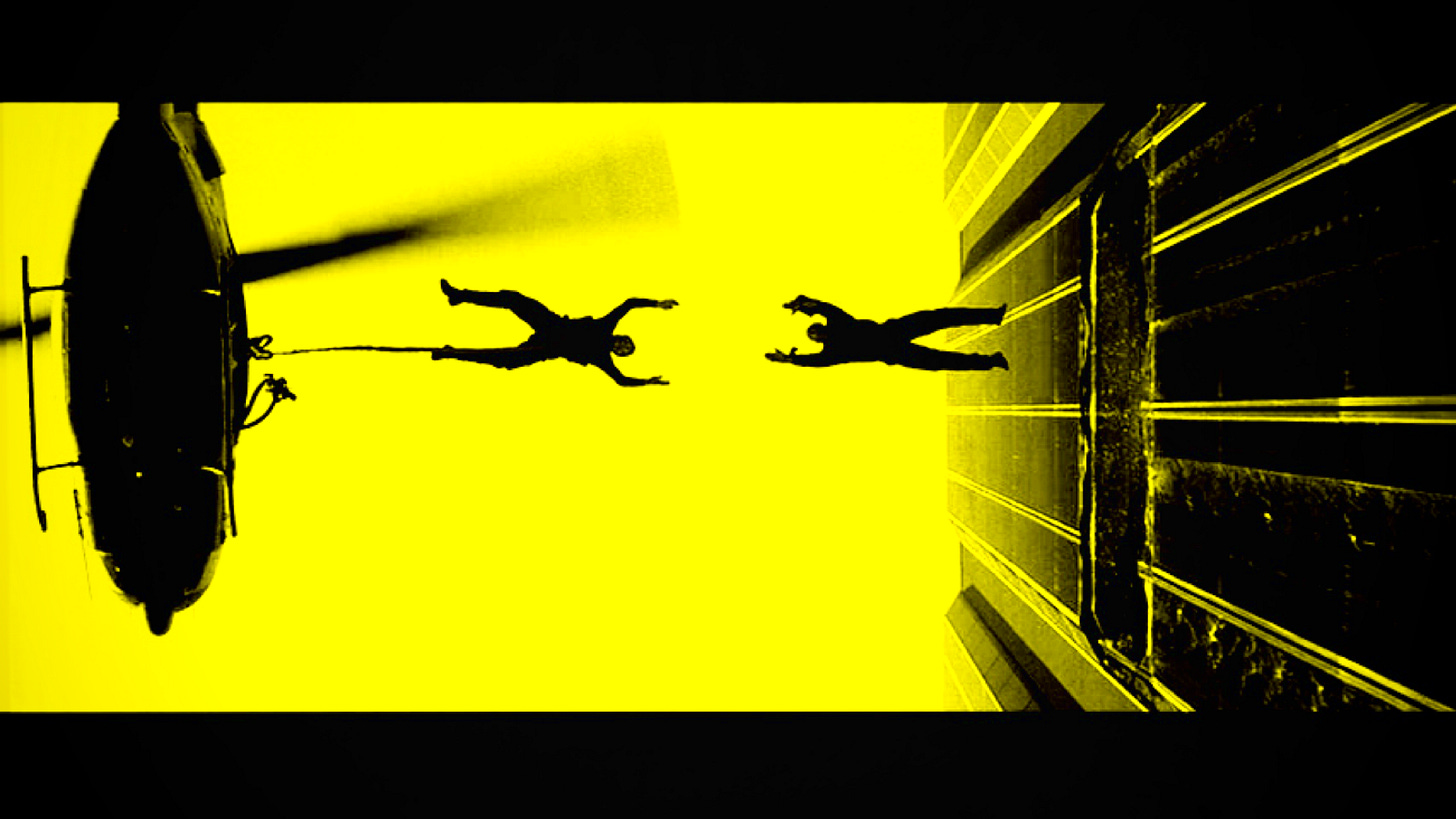‘Sir, what would you say is your greatest achievement?’ I was asked this unsettlingly excellent question earlier this week by a student in the aftermath of reading the preface to Viktor Frankl’s ‘Man’s Search For Meaning’, The classic tribute to hope from the Holocaust. We were reflecting on Frankl’s advice to his students in Europe and America:
“Don't aim at success. The more you aim at it and make it a target, the more you are going to miss it. For success, like happiness, cannot be pursued; it must ensue, and it only does so as the unintended side effect of one's personal dedication to a cause greater than oneself or as the by-product of one's surrender to a person other than oneself. Happiness must happen, and the same holds for success: you have to let it happen by not caring about it.”
On reflection, the question thrown at me, about my ‘greatest achievement’, was completely relevant, but I had never been asked it before, and had never thought to ask it of myself. This particular student has all the hallmarks of an enlightened being. He has a playful sense of humour, an abundance of grace, the curiosity of a child-sage, and an uncanny ability to throw-out a question, with such pure sincerity, that it paves the way for something deeply real to stir from within.
I had no pre-prepared answer for this, and he politely affirmed that, of course, I didn’t need to respond, if it’s all too personal. But I was hooked. His question carried a profoundly powerful sense of surprise and simplicity, that it provoked a response that sort of stunned me. I must have only paused for a moment, but it felt like an age, and as I stood there facing this wonderfully inquisitive teenager, my life flashed before my eyes in a strange Near Death Experience kind of way - and one or two incredibly mundane-seeming scenes arose in my mind, and with them a deep sense of achievement, healing, and freedom. I didn’t share the details of the unspectacular scenes, partly because they were so mundane and boring - but the meaning was crystal clear to me, and flowed out freely in a few moments of lucidity.
I told him, in words that I don’t remember, and in a way far more succinct than this, that my ‘greatest achievement’ existed in moments when I somehow managed to break the codes of those deeply rooted, fatalistic, hardwired, pre-determined, karmic forces, patterns, and responses, that have governed much of my life. This ‘achievement’ could exist in all sorts of small acts of silence, defiance, compliance, surrender, criticality, creativity, discipline, exuberance, prudence, prayer, frugality, recklessness, generosity, defence, celebration, questioning, wondering, washing, wishing, giving up, playing-it-up, living-it-up, discreetness, openness, and so on. (Know Thyself). Yes, in short, my greatest achievements are moments of simple, yet powerful, choice – and not highly sophisticated, outwardly celebrated, socially rewarded, moments of survival.
And with his wide, open, and excited stare, the student nodded encouragingly, and uttered one simple word with a tone of utter resonance: ‘nice’. (And I didn’t tell him, that I had no idea that this is what I thought about my ‘greatest achievement’, until he’d asked his excellently timed, and liberatingly delivered, question of meaning.)
We carried on with Viktor Frankl, who illustrates his views on ‘success and happiness’ with the story of how he could have fled Nazi occupied Austria. He was a successful Jewish psychiatrist, and was offered a visa to America, where he could finish writing his book and continue his successful academic career. The visa was just for him. He would have to leave his parents to the fate of the Nazi regime. The synagogue had been destroyed in Vienna. He desperately wanted ‘a hint from heaven’ as to what path he should take.
His father had salvaged a fragment of marble from the destroyed synagogue. It was one Hebrew letter from the beginning of one of the Ten Commandments. Viktor Frankl asked his father which commandment?
‘Honour Thy Father and Mother.’
He made his decision. He let the visa lapse. And he was eventually sent to the Auschwitz death camp. Viktor Frankl’s choice transcended all the rules, codes, and formulas of the Nazi matrix. Frankl refuses to be determined by the laws of success, survival, and status. He refuses to let the machine define who he is.
Like Neo, in the film, he has to make a choice. Save Morpheus or save himself. And, of course, through choosing to save Morpheus, and losing own life in The Matrix, he sees through the code. He sees The Matrix for what it is. And once seen, it can be broken. Broken by choice.
And so, as we journey towards the festival of Easter, and its wisdom pattern of The Paschal Mystery (passion, death, resurrection, ascension), I pray that our eyes can be opened to the rules we mistake for reality.
I pray our children, partners, friends, and enemies, wake us up to the karmic codes of control.
I pray we dare to choose meaning, love, and truth, over survival, status, and success.
I pray we break the binding binaries of The Matrix with the devastating power of free choice.
Amen






Really enjoyed this essay. It really made me think about things.